Gut Health and Inflammation
The gastrointestinal tract (GI) of the human body is a truly fascinating natural wonder. Your gut health could be compromised by certain food, drinks and lifestyle habits. Inflammation is a major symptom of various problems inside your intestines. When you don't maintain a balanced gut microbiota, you will be at a high risk of suffering from an inflamed GI system. Once the intestines are flamed, they will be more vulnerable to infections and other more serious problems. By eating a healthy diet and exercising, you could improve various aspects of your digestive system and other bodily functions. Let's explore some of the important connections between your diet and gut.
Harmful Bacteria in Your Gut
Your gut health depends heavily on your diet and overall lifestyle. Some bacteria populations naturally reside inside your upper and lower intestines. It's almost impossible to completely eliminate the harmful bacterial colonies inside your GI tract. However, you could certainly take steps to reduce and manage the amount of unfriendly gut microbiota in the long term. Some of the most dangerous bacterial colonies in your gut will compromise the natural protective layers that are covered in thick mucus. When the liquid layers deteriorate because of the harmful gut bacteria, you will certainly experience some level of inflammation and other discomfort. In fact, the bacteria gradually feed on the outer and inner linings of the intestines when there's an imbalance in the gut microbiome. The Peyer's patches are small formations along the gut that provide natural protection against foreign substances, including live bacteria. When the Peyer's patches are damaged, they will be inflamed. Your damaged gut will send continuous signals of distress to your brain about the ongoing deterioration. Some research studies have indicated that up to 80% of your body's immune system is based inside the GI tract.
Beneficial Gut Bacteria
You could optimize your gut health by promoting and maintaining a healthy level of beneficial bacteria. Probiotics are live colonies of certain bacterial strains that facilitate the digestive process inside the intestines. When you maintain a proper amount of such gut-friendly microorganisms, you could prevent or alleviate inflammation. The gut microbiota could be properly regulated with probiotics from various food sources. For example, naturally fermented foods have a high content of probiotics. Kefir, yogurt and other dairy products are loaded with beneficial bacteria for your intestinal tracts. Kimchi and sauerkraut are some popular ethnic side dishes that also add lots of benefits for your entire digestive system. If you don't like the particular tastes of such sour food, you could just consume flavored probiotic supplements. Based on your age, weight, height, medical history and other factors, you should select the ideal strain for your GI tract. Some of the most common probiotics usually have start with the scientific name Lactobacillus or Bifidobacterium. After consulting with a primary care physician, gastrointestinal specialist or dietitian, you could easily integrate the proper probiotic strains into your diet.
Managing and Preventing Inflammation Through Diet
Your gut microbiota requires a steady supply of certain food sources. If the probiotics don't have access to enough nutrients, the harmful bacteria will ultimately take over the entire biome. You could manage your gut health by eating a sufficient amount of prebiotics. In simple terms, a prebiotic is a type of natural fiber that's not readily digested by the human body. Fortunately, probiotics easily feed on and break down the natural fiber. By feeding the gut-friendly bacteria, you will prevent or mitigate inflammation. Over time, the harmful bacteria populations will be reduced to relatively low levels that will not threaten your gut. Some of the richest sources of prebiotics are certain types of vegetables and fruits that are sold at supermarkets and grocery stores. You could easily integrate Jerusalem artichokes, onions, leeks, garlic and chicory root into your diet. Bananas and asparagus are some other popular sources of natural prebiotics. When you eat plenty of fiber on a daily basis, you should also drink lots of water. Otherwise, the fiber inside your intestines may not be processed properly by the beneficial bacteria. When combined with the correct amount of fiber and other nutrients, water also enables regular bowel movements.
Avoiding Harmful Food and Drinks
Your gut microbiota is extremely sensitive to the types of nutrients entering the intestines. Inflammation may increase in the intestinal linings when you eat excessive amounts of certain food. Some research has found a link between red meat and an inflamed gut. Processed food and artificial sweeteners have also been shown to compromise your gut health. The gut microbiota might be stimulated by such unnatural nutrients that enter your digestive tracts. Some studies also indicate a link between harmful gut bacteria and certain alcoholic beverages. In general, you should avoid consuming lots of sugar and alcohol on a regular basis.



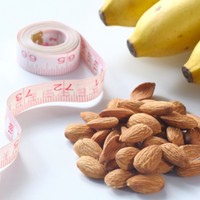
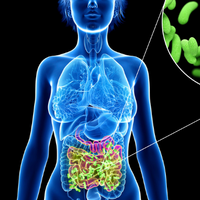
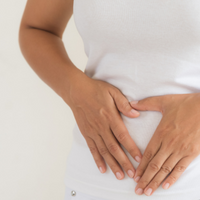
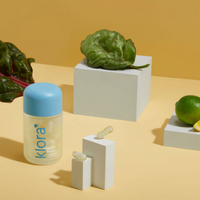
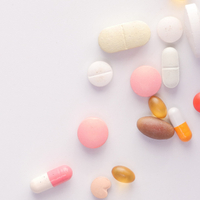
0 comments